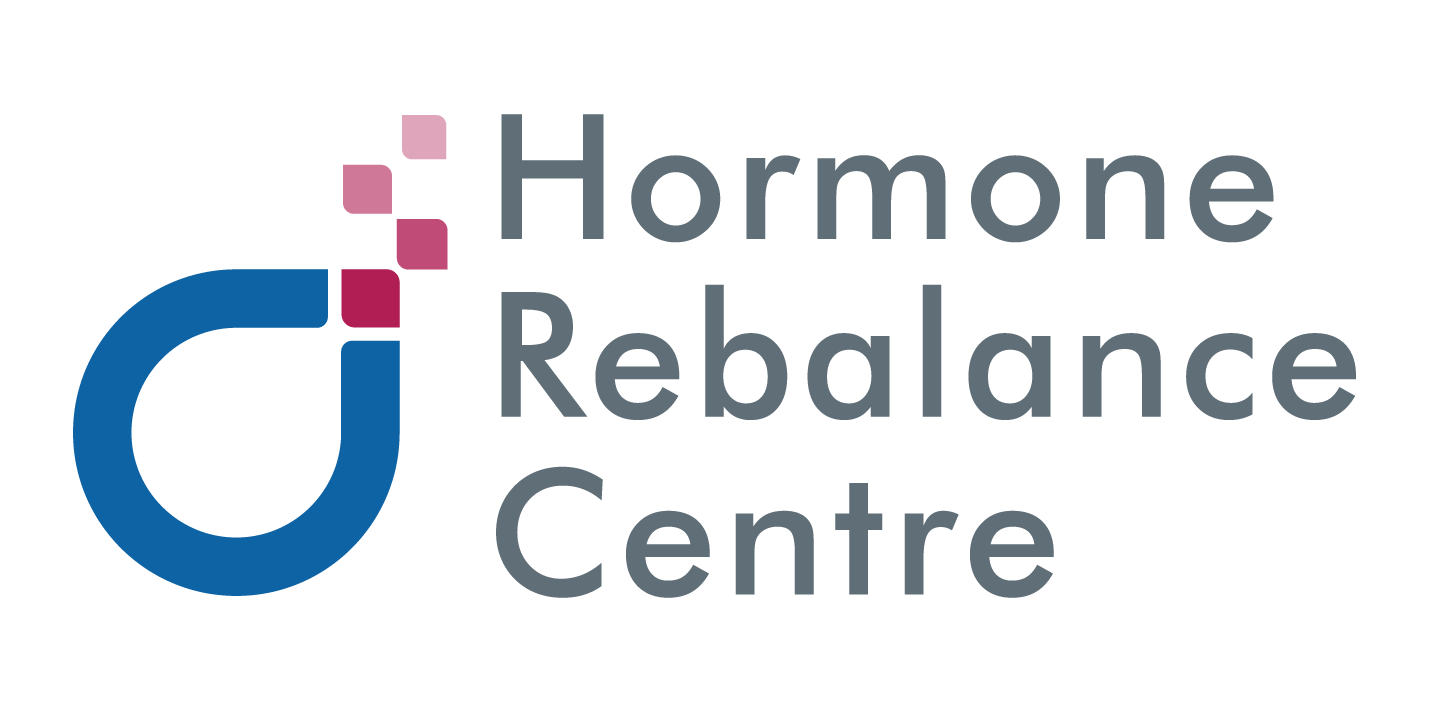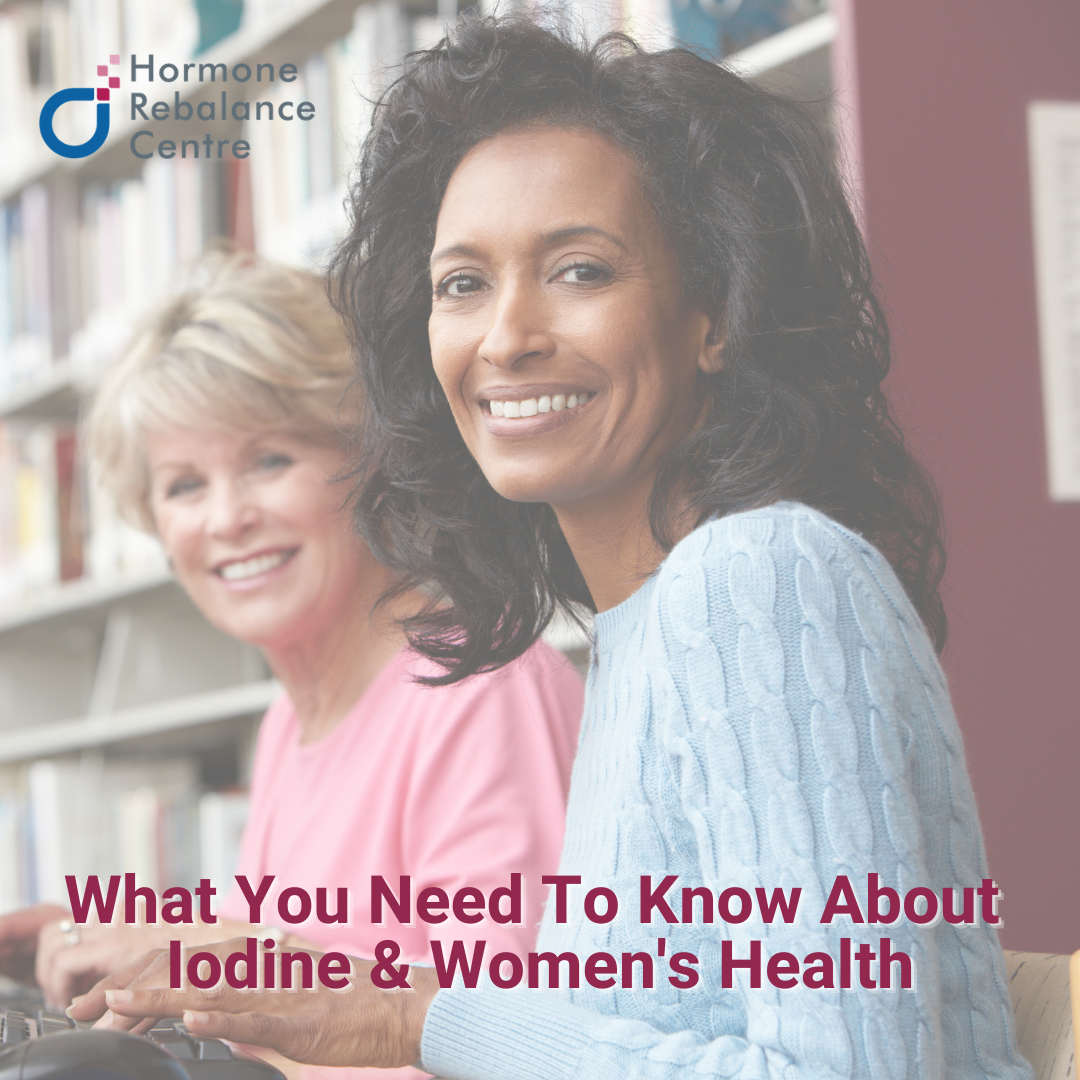Do you experience fatigue, depression or fibrocystic breasts? One cause you may not have considered is low iodine!
Iodine is an essential nutrient that is best known for its involvement in the thyroid hormone production. However beyond that, it is essential for women’s health as it plays a significant role in estrogen metabolism, breast tissue development, ovulation and fetal development.
Iodine deficiency used to be a major problem in the early 1900’s until iodized salt came to the market. When iodine was first added to table salt (iodized salt), levels of thyroid imbalance were quickly reduced however, with the recent change in dietary guidelines around salt intake, iodine status in the general population has started to decrease.
Iodine is an antioxidant and is considered to have anti-inflammatory effects. Therefore, beyond supporting the thyroid in thyroid hormone production, it has also been shown to protect carcinogenic processes, especially in the breast, and to help relieve benign breast conditions such as fibrocystic breasts and cyclical breast tenderness.
Symptoms of low iodine levels include:
- Swelling of the neck (goiter)
- Weight gain
- Dry skin
- Fibrocystic breasts
- Hair loss
- Fatigue
- Depression
- Cognitive changes- forgetful, trouble concentrating
- Heavy periods
Those most at risk for iodine deficiency include people avoiding table salt, eating a diet with lack of variety and those who avoid gluten and dairy as well as pregnant and breast-feeding mothers.
Current dietary guidelines recommend that men and women ages 19 and older get 150 micrograms of iodine a day. Women who are pregnant should get 220 micrograms, and women who are breast-feeding an infant should get 290 micrograms.
Iodine and Thyroid Health
The thyroid produces two hormones, T3 and T4. T3 is the “active” thyroid hormone and is responsible for the positive benefits of having a healthy thyroid. Optimal levels of T3 can leave you feeling energized, happy and upbeat, slim and trim and generally well!
T4 on the other hand begins as an inactive hormone and must be converted into T3. For this healthy cycle to continue, iodine and its sister nutrient, selenium must be at optimal levels.
Assessing thyroid function is a comprehensive process and should include assessment of the following:
- TSH, T3, T4, rT3, thyroid antibodies through bloodwork
- Status of iodine, selenium and iron
- Inflammatory markers
- Basal body temperature
- Underlying cause of thyroid dysfunctions, such as heavy metals and food allergies (especially in the case of thyroid antibodies), elevated cortisol, chronic inflammation
Click here for more information on investigative function tests offered at Hormone Rebalance Centre and reach out to us if you would like to learn more about your testing options.
Iodine, Estrogen & Breast Health
Low iodine status has been implicated in the development of fibrocystic breasts and breast cancer- thanks in part to its link with estrogen. Iodine is taken up by receptors in the breast tissue and it plays a role in promoting the development of normal versus abnormal breast tissue development. Iodine is also involved in supporting healthy estrogen detoxification, which is another mechanism in which it effects the health of the breasts.
Research has shown that Japanese women, who consume higher dietary iodine have an exceptionally lower incidence of breast cancer. Furthermore, Japanese women who have emigrated and adopted a Western diet, have shown higher breast cancer rates.
Therefore, if you have fibrocystic breasts or even if you just experience cyclical breast tenderness and pain, beyond just investigating the status of your estrogen and progesterone levels, you should speak to your healthcare provider about the role of iodine and if it’s right for you.
Treating Iodine Deficiency
If you think you may be experiencing iodine deficiency, it is important to work with a healthcare provider who has experience using iodine and not just to self-prescribe.
There are many types and forms of iodine and extremely variable doses in supplements. There are also varied ways to take iodine (oral capsules, liquid form, topical application and in combination with other minerals such as selenium and zinc for example). The dose, form and duration should be selected for each woman individually depending on whether testing has been done and based on each woman’s symptoms and medical history.
It should also be noted that excess iodine has its own risks such as actually making your thyroid worse, causing hyperthyroidism and also stimulating goiter formation.
With that being said, there are gentle ways women can optimize their iodine levels through food!
- Avoid foods such as raw broccoli, raw cauliflower, raw brussel sprouts, raw soy and raw cabbage in LARGE amounts. These foods contain compounds called goitrogens that can prevent iodine from entering the thyroid gland. Cooking these foods for a short amount of time is enough to inhibit the goitrogens. This food group also has a lot of health benefits so eliminating it all together is not advisable.
- Choose foods high in iodine including seaweed, seafood, some vegetables depending on soil conditions, iodized table salt and dairy products (if you have no sensitivity to it). It’s important to shop for organic, wild, grass-fed and unsweetened options of these foods where possible.
- Optimize the levels of selenium in your body. Brazil nuts, fish, meat, baked beans, sunflower seeds and portobello mushrooms are all great sources of selenium.
- Iodine deficiency can also be addressed with the addition of an iodine or iodine containing supplements. It’s best to speak to your healthcare provider to ensure you choose the right supplement for your unique case.
As with any changes to your health, especially when an intervention has its risks, it’s always advisable to speak to a qualified and knowledgeable healthcare provider. If you struggle with existing thyroid concerns, symptoms of suboptimal thyroid function such as low energy and weight gain, fibrocystic breasts or even just cyclical breast pain – reach out to us to learn more about your testing and treatment options!
Feel free to explore our Hormone Rebalance Advantage Program and book a free discovery call with someone on our team to learn if our services are right for you. We are here to help!


No Comments